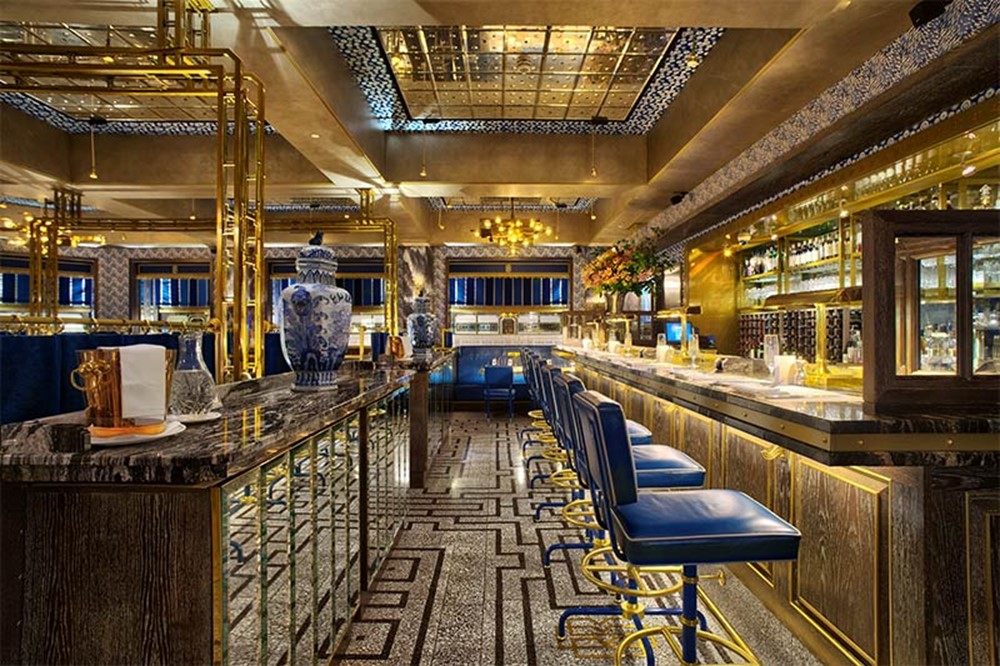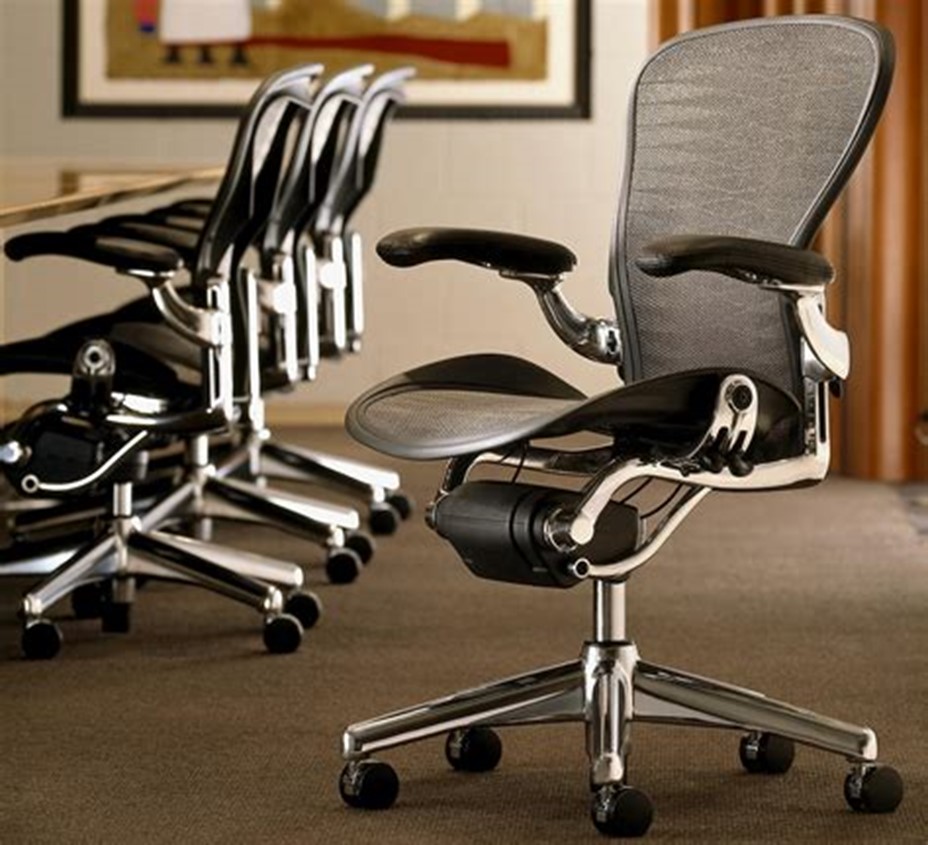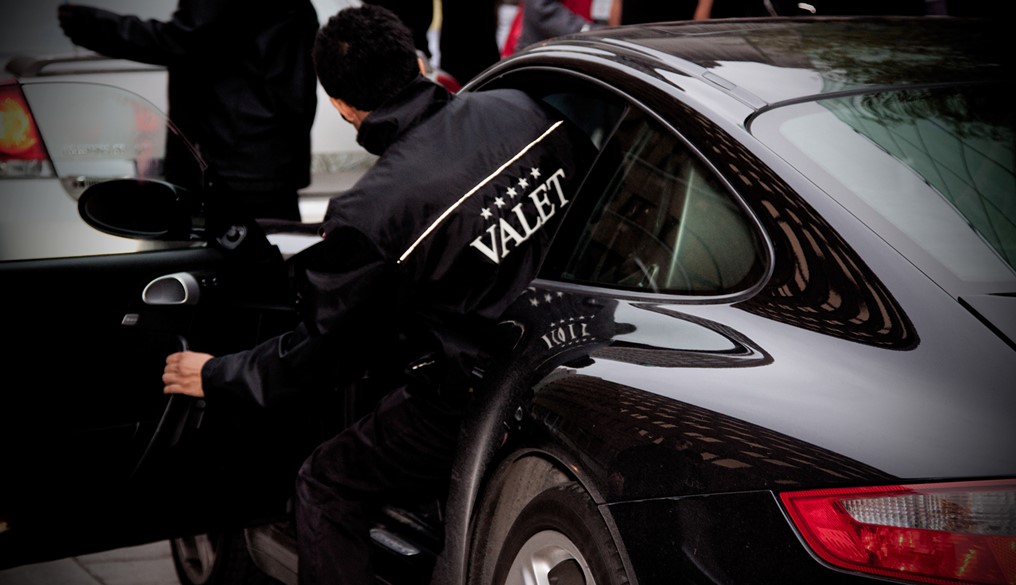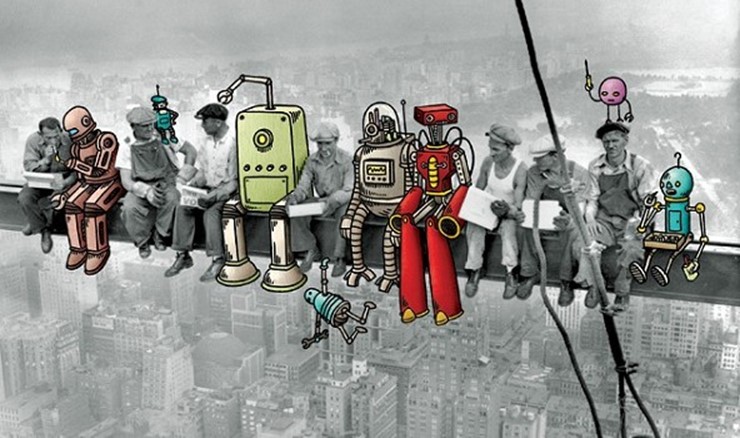Surge Pricing Comes To The Restaurant Industry
January 17, 2018 in Daily Bulletin

An elite London restaurant is experimenting with surge pricing wrote Richard Vines:
- The Bob Bob Ricard restaurant is planning to alter prices depending on the day and time of the booking.
- The restaurant seems to understand the negative reaction that people have to price “surges”. Instead it is talking about the new policy in terms of discounts.
- During lunch on Monday prices will be 25% lower than on Saturday night.
Read more on Bloomberg.
















Join the Discussion! (No Signup Required)